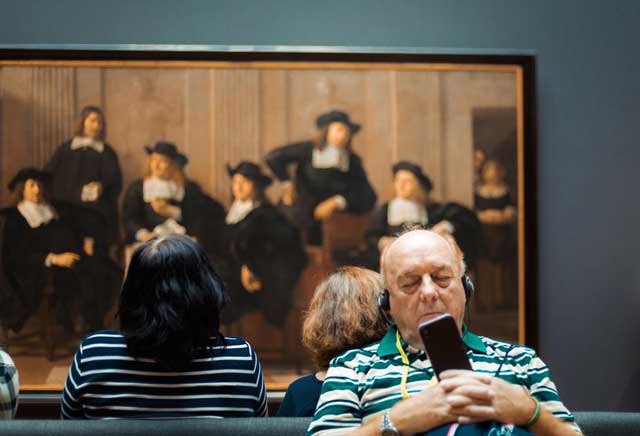How To Say “Chocolate” In Different Languages

Unsplash: Alexander Schimmeck
They say that every time you have chocolate, an angel gets their wings. Now, meditate upon that thought for a minute. Wouldn’t you say that that’s magical? Wouldn’t you say that that’s divine? Wouldn’t you say that that’s incredible? Because I surely would. To help angels get their wings so they can fulfill their angel duties and do their angel things like fly and say hi to the friendly skies is very much something. Again, you can help these cutesy angels by doing a very simple thing like having a delicious piece of chocolate. That’s it.
Before I share with you how “chocolate” is called around the world, I’m going to share with you seven fun and random facts about this tasty treat to eat any time of day.
- Napoleon Bonaparte loved chocolate and he was said to have chocolate with him all the time, most especially during his military trips.
- Milk chocolate was developed in 1875.
- The smell of chocolate triggers relaxation that is because the scent of chocolate helps increase theta brain waves.
- Chocolate is believed to come from the Aztec word “xocoatl”.
- White chocolate isn’t really considered chocolate because this sweet treat doesn’t really have cacao in it.
- Chocolate is not good for cats and dogs because the cacao solids found in the mixture contain theobromine (theobromine is poisonous for cats and dogs).
- A cacao tree produces about 2,500 cocoa beans and it takes about 400 cocoa beans to make one pound of chocolate.
One last thing: you can read about chocolate in any language you want like English, German, Korean, French, Indonesian, Filipino and more with our sweet and easy-to-read Beelinguapp story called “Chocolate, A Bite of Happiness”.
- English: chocolate (chok-lit)
- French: chocolat (sho-ko-la)
- Dutch: chocolade (sho-ko-la-duh)
- Swedish: choklad (sho-klaad)
- Norwegian: sjokolade (shoo-koo-lah-deh)
- German: Schokolade (sho-ko-la-deh)
- Korean: 초콜릿 (cho-kol-lit)
- Indonesian: cokelat (cho-ke-lat)
- Tagalog: tsokolate (cho-ko-la-teh)
- Finnish: suklaa (sook-lah)
- Polish: czekolada (che-ko-la-da)
- Japanese: チョコレート (cho-ko-re-to)
- Greek: σοκολάτα (so-ko-la-ta)
- Russian: шоколад (sho-ko-lat)
- Spanish: chocolate (cho-co-la-te)
- Italian: cioccolato (cho-koh-la-to)
- Brazilian Portuguese: chocolate (cho-co-la-te)
- European Portuguese: chocolate (cho-co-la-te)
- Mandarin Chinese: 巧克力 (qiǎo kè lì)
- Hindi: चॉकलेट (chokolēt)
- Vietnamese: sô cô la (suh koh lah)
- Turkish: çikolata (chee-koh-lah-tah)


